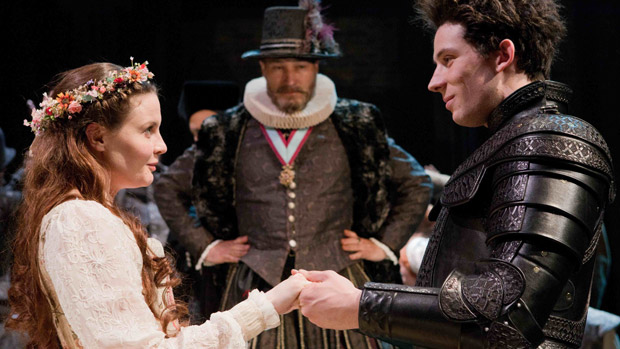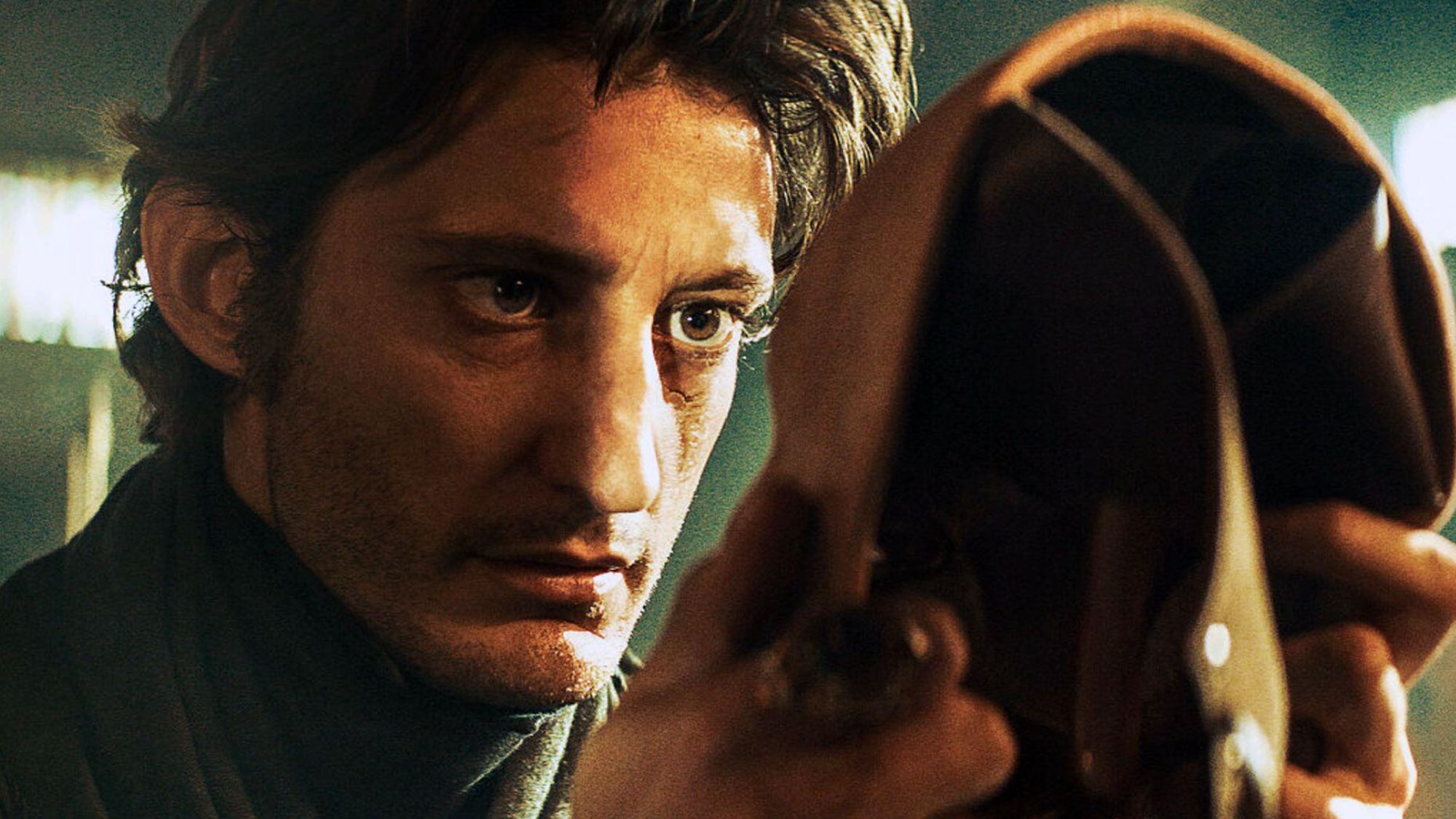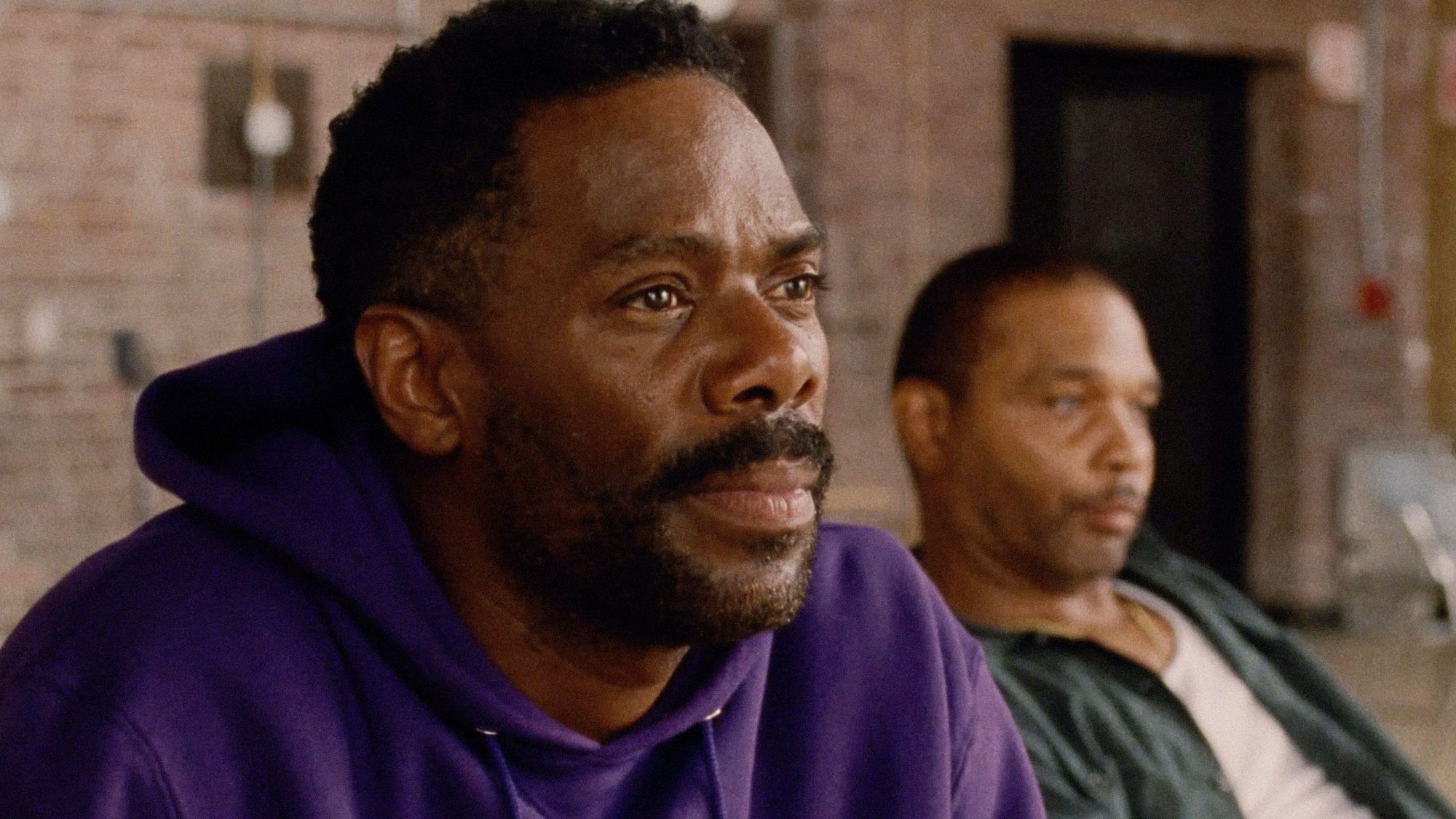The Shoemaker's Holiday – reviews of ‘glorious' revival
RSC's 'jolly' revival of Dekker's Elizabethan comedy has romance, bawdy jokes and pathos

A free daily email with the biggest news stories of the day – and the best features from TheWeek.com
You are now subscribed
Your newsletter sign-up was successful
What you need to know
The Royal Shakespeare Company's revival of Thomas Dekker's The Shoemaker's Holiday has opened at the Swan, Stratford-upon-Avon. Phillip Breen directs Dekker's Elizabethan comedy, which premiered at London's Rose Theatre in 1599.
It tells the story of a young gentleman, Rowland Lacy, who is forced by his father to join the army and fight the French abroad as a way of keeping him from his lower-born beloved, Rose. But Lacy finds a stand-in and secretly returns to London in the guise of a Dutch shoemaker, apprenticing himself to craftsman Simon Eyre while he conspires to woo Rose. Runs until 7 March.
The Week
Escape your echo chamber. Get the facts behind the news, plus analysis from multiple perspectives.

Sign up for The Week's Free Newsletters
From our morning news briefing to a weekly Good News Newsletter, get the best of The Week delivered directly to your inbox.
From our morning news briefing to a weekly Good News Newsletter, get the best of The Week delivered directly to your inbox.
What the critics like
This revival is "a load of jolly old cobblers", says Dominic Maxwell in The Times. Romantic intrigue, bawdy jokes, exuberant morris dancing and merry-making, even a smattering of fart gags keep the action thrumming with buoyancy and bonhomie.
Breen directs a "gloriously entertaining" account of Dekker's play, a lovingly crafted city comedy laced with touches of pathos, says Dominic Cavendish in the Daily Telegraph. It's a play that takes the measure of English society, from foot-soldiers to the crown – and invites thoughts about what it means to be in someone else's shoes.
Thomas Dekker's play is often thought of as a jolly, red-nosed Elizabethan comedy celebrating the shoemaker's craft, says Michael Billington in The Guardian. But Breen's "shrewdly intelligent RSC revival" sets the play squarely in its period, and reminds us that London workers lived in fear of being pressed into the army.
A free daily email with the biggest news stories of the day – and the best features from TheWeek.com
What they don't like
Breen lends "brief emotional weight" to proceedings with some sombre moments such as bodies borne from the battlefield in falling snow and the return of the play's second hero, Ralph, maimed and disfigured, says Dominic Maxwell in The Times. "By and large, though, this is jovial, if rather forgettable, fun."
-
 Labor secretary’s husband barred amid assault probe
Labor secretary’s husband barred amid assault probeSpeed Read Shawn DeRemer, the husband of Labor Secretary Lori Chavez-DeRemer, has been accused of sexual assault
-
 Trump touts pledges at 1st Board of Peace meeting
Trump touts pledges at 1st Board of Peace meetingSpeed Read At the inaugural meeting, the president announced nine countries have agreed to pledge a combined $7 billion for a Gaza relief package
-
 Britain’s ex-Prince Andrew arrested over Epstein ties
Britain’s ex-Prince Andrew arrested over Epstein tiesSpeed Read The younger brother of King Charles III has not yet been charged
-
 Friendship: 'bromance' comedy starring Paul Rudd and Tim Robinson
Friendship: 'bromance' comedy starring Paul Rudd and Tim RobinsonThe Week Recommends 'Lampooning and embracing' middle-aged male loneliness, this film is 'enjoyable and funny'
-
 The Count of Monte Cristo review: 'indecently spectacular' adaptation
The Count of Monte Cristo review: 'indecently spectacular' adaptationThe Week Recommends Dumas's classic 19th-century novel is once again given new life in this 'fast-moving' film
-
 Death of England: Closing Time review – 'bold, brash reflection on racism'
Death of England: Closing Time review – 'bold, brash reflection on racism'The Week Recommends The final part of this trilogy deftly explores rising political tensions across the country
-
 Sing Sing review: prison drama bursts with 'charm, energy and optimism'
Sing Sing review: prison drama bursts with 'charm, energy and optimism'The Week Recommends Colman Domingo plays a real-life prisoner in a performance likely to be an Oscars shoo-in
-
 Kaos review: comic retelling of Greek mythology starring Jeff Goldblum
Kaos review: comic retelling of Greek mythology starring Jeff GoldblumThe Week Recommends The new series captures audiences as it 'never takes itself too seriously'
-
 Blink Twice review: a 'stylish and savage' black comedy thriller
Blink Twice review: a 'stylish and savage' black comedy thrillerThe Week Recommends Channing Tatum and Naomi Ackie stun in this film on the hedonistic rich directed by Zoë Kravitz
-
 Shifters review: 'beautiful' new romantic comedy offers 'bittersweet tenderness'
Shifters review: 'beautiful' new romantic comedy offers 'bittersweet tenderness'The Week Recommends The 'inventive, emotionally astute writing' leaves audiences gripped throughout
-
 How to do F1: British Grand Prix 2025
How to do F1: British Grand Prix 2025The Week Recommends One of the biggest events of the motorsports calendar is back and better than ever